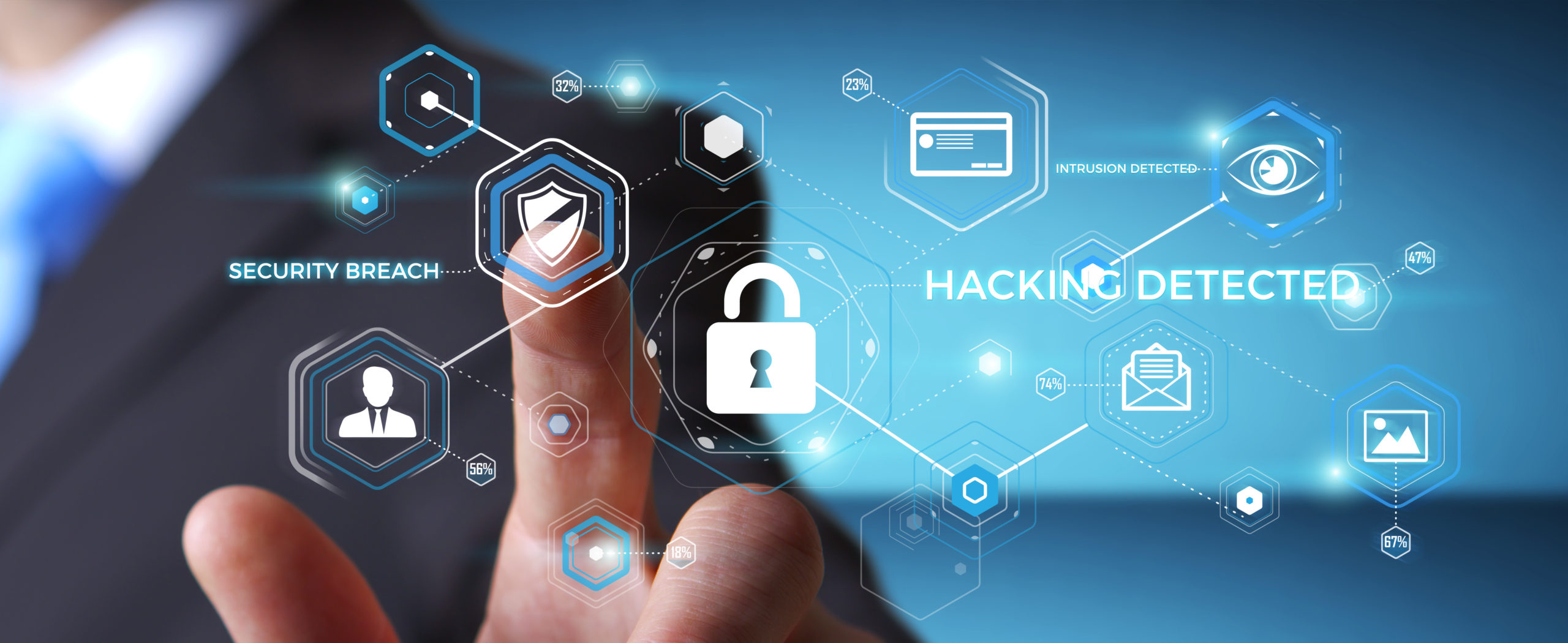Browsing the net has become an essential part of our daily activities; individuals and businesses need the information they get from the internet to operate effectively. While some people browse the net for good intentions, some cybercriminals want to capitalize on flaws and traces of your activities once you are online.
In an effort to thwart the negative effect of hackers and other third parties, some people resort to private browsing. Some modern-day browser extensions come with advanced features that enhance private browsing; they include the incognito mode of Google Chrome and the inbuilt private tabs of Opera. Unfortunately, private browsing does not entirely secure your online activities;
While private browsing does not store your data, your internet service provider (ISP) or any third party can access your browsing activities. Sensitive information such as your passwords and credit card details can be up for grabs; your ISP tracks you through your internet protocol (IP) address.
Your IP address is that unique code your computer needs to connect to other computers or devices on the internet, and your ISP provides it. To surf the internet safely, you need a VPN extension, a simple browser plugin (add-on) that you can use to make a quick and easy VPN connection.
A VPN extension is user-friendly, works only on your browser, and does not affect any other traffic on your device. Like a VPN, the VPN extension will hide your location and IP address and keep your browsing private.
What is a VPN?
VPN simply means virtual private network. The fundamental task of a VPN is to encrypt your internet traffic and mask your identity online; a VPN makes it harder for third parties to access your data.
Data is a vital asset to running a business; cybercriminals know the value of data; they to any length to break into your network and steal your data. The Statista reports that in 2022, more than 422 million individuals were affected by data compromises in the United States alone.
When hackers access your data, they can sell it, ask for ransom, or cause grievous harm to your organization. They can jeopardize your privacy and customers’ security.
Why is browsing without a VPN dangerous?
When you want to browse the net, you must first connect to the internet; your ISP assigns your computer an IP address; it’s with this IP address you can communicate with other computers and devices. Anybody who can access your IP address can track your online activities.
Sensitive information such as passwords, online identity, privacy, and financial details can be exposed and used for nefarious purposes by hackers. Your IP address is not secure; people can peek into and compromise your data freely.
A VPN will save you from this mess; it will essentially encrypt your log, mask your IP address, offer multi-authentication, and kill switch services. Your VPN server will assign you a new IP address that can only be traceable to the server, and with the encryption, your data will look gibberish and useless to a hacker that accesses it.
To decipher this encryption, you need a key, and only the VPN and your computer know this key. Since your ISP does not know the key, it cannot track your browsing activities online.
How to download and use a VPN extension
You can download a VPN extension to your Google Chrome, Microsoft Edge, or Firefox browser in a few steps; using Google Chrome as an example,
- Open the chrome store and go to the VPN page in Chrome Web Store https://chrome.google.com/webstore/category/extensions
- Add the extension by clicking Add to Chrome to install the plugin in Google Chrome
- Install the add-on by clicking Add extension to enable it in your browser
- Activate the VPN extension by clicking the VPN extension icon in the toolbar
- Click Protect me; you may need to review the types of data the VPN extension can access.
Conclusion
Some websites you may visit can be WebRTC enabled; if your VPN extension does not have a feature to stop WebRTC leaks, your data can be transmitted outside the encrypted tunnel, exposing your actual IP address. A VPN browser extension should protect your IP address and location.
When surfing the internet, you need the VPN extension to hide your online activities and allow you to access unblocked content. Private browsing is an unrealistic strategy to protect your privacy and data online.
















